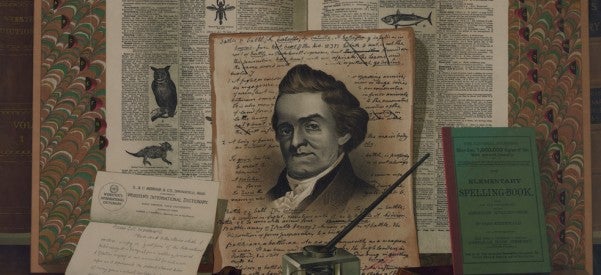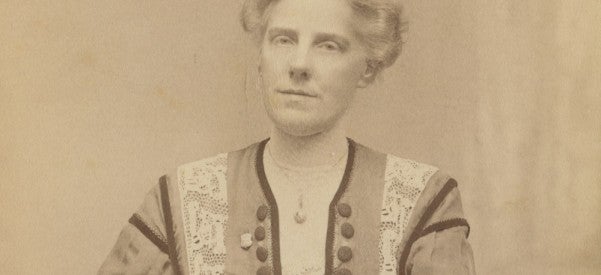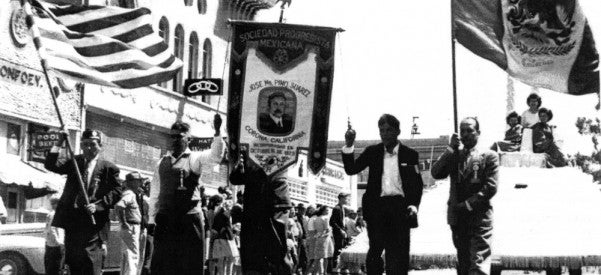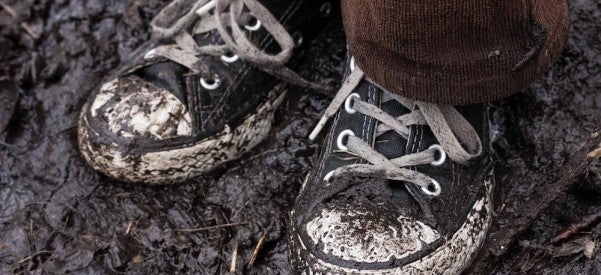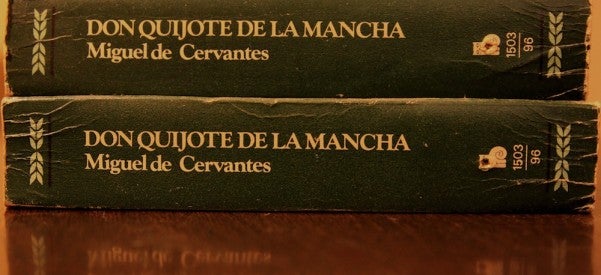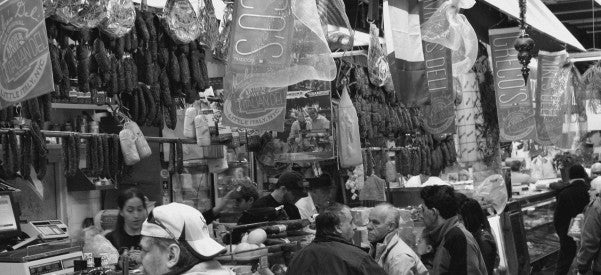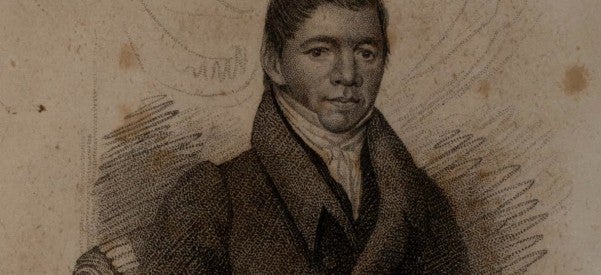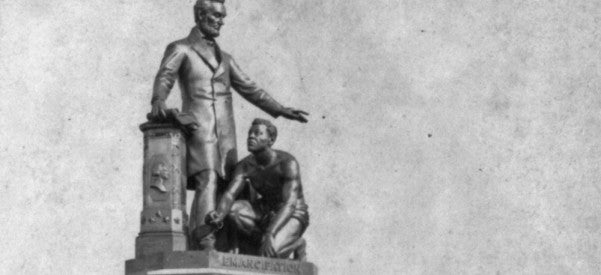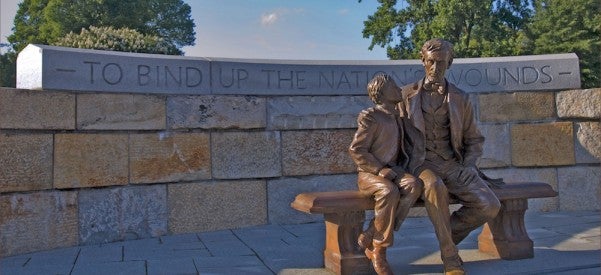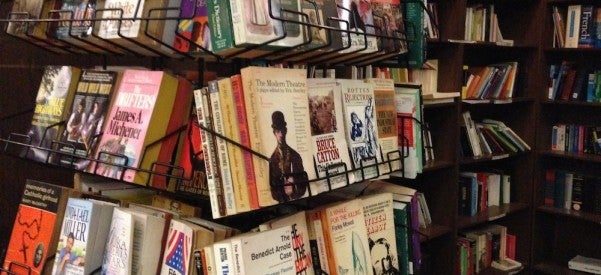Noah Webster Would Have Loved Urban Dictionary
The Founding Father of American English Was a Radical Who Wanted Us to Write the Language the Way We Spoke It
In the late 18th century, as the recently independent states were working to define what America was—after fighting with England about what it wasn’t—grammar books were still teaching American children to speak like proper Englishmen and women. The books taught such formal, outdated usages as the correct verb forms for thou (thou goest, thou wilt) and proper uses of shall (used with I and we for simple future, with you, he, she, and they to imply insistence or a threat). …


